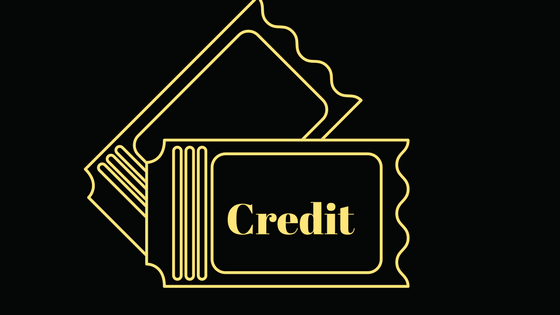A Credit score is a three digit number that could potentially make or break you when it comes to obtaining credit. Having a number above 740 is like having the Golden Ticket to getting credit.
Potential creditors look at your credit score to determine your risk. Your credit score is similar to a report card, with a grade on how financially responsible you are with your money.
What makes up your credit score?
- Payment History – 35% of your score, paying all bills on time will be a key factor. It is important to know that any late payments you have had will affect your score for some time and anything over 60 or 90 days late will be detrimental to your score.
- Amounts Owed – 30% of your score is determined by the percentage of available credit you being used. A good rule of thumb is keeping the amount owed under 30% of your available credit.
- The Length of Credit History – 15% of your score is based on the length of time you have had your cards open. Keeping the oldest account open and active will give you a stronger credit profile.
- Credit Mix – 10% of your score, having a good mix of credit shows you will be able to handle multiple types of credit lines. It is best to have a few credit card account and installment accounts.
- New Credit – 10% of your score is determined by how many new accounts you have opened. Having a few brand new accounts will affect your score.
Data from your credit report goes into five categories to make up a credit score.
Credit Report Grade Card
700 – 850 Excellent
680 – 699 Good
620 – 679 Average
580 – 619 Low
500 – 579 Poor
300 – 499 Bad
Having a zero credit score doesn’t always mean you have terrible credit, it usually just means you haven’t begun to establish credit yet. A zero score may also mean that you may have a harder time borrowing money from creditors since they have nothing to grade you on.
Having a score of 740 or higher qualifies you for the best interest rates, credit cards, and loans. It is also important to remember that the credit score is just a filter in the process of getting approved. Lenders will also look at your actual credit history.
It is important to remember that even if you have had a few mishaps or haven’t established credit yet, it is fixable. Remember the factors that are used to calculate your score and be conscious of your decisions, if you are unsure reach out to an expert.

